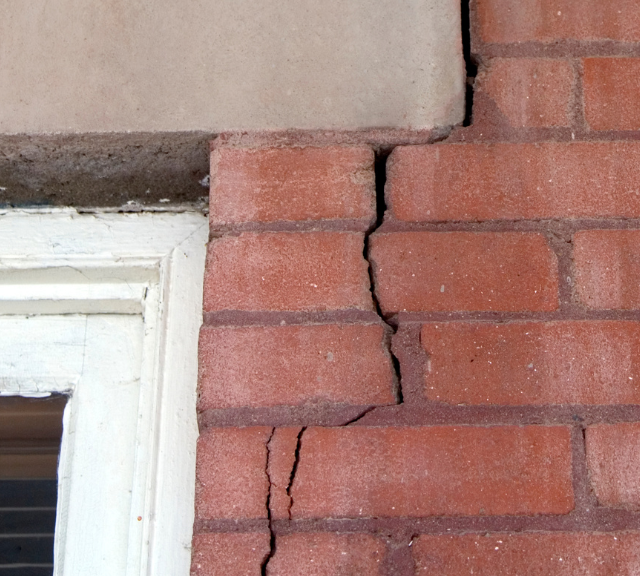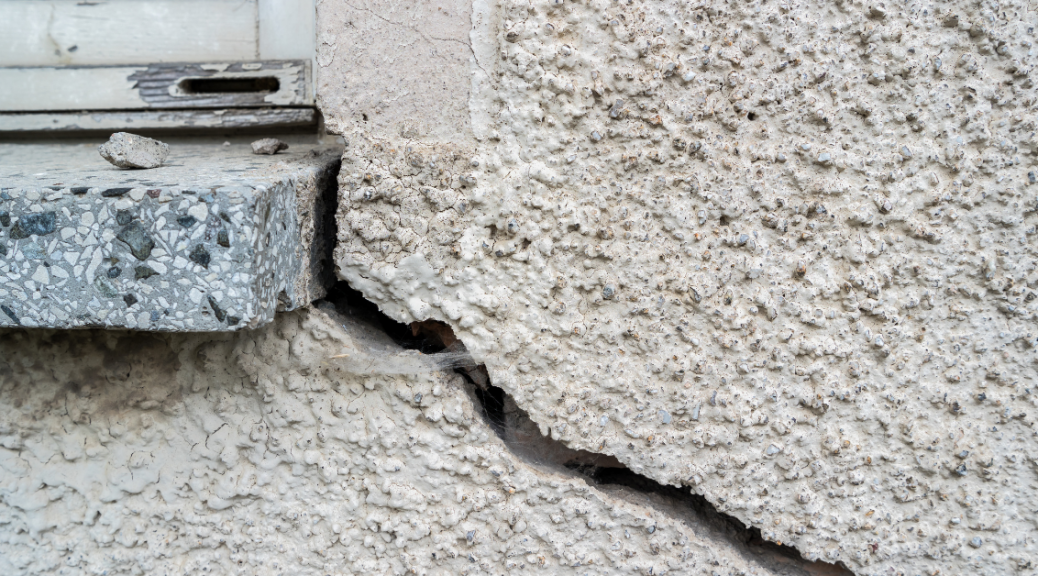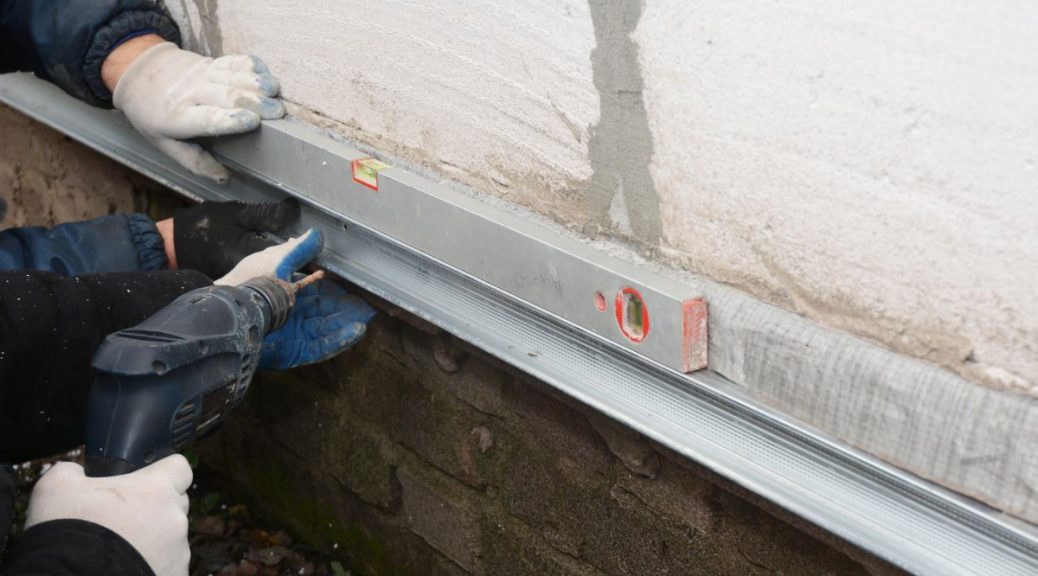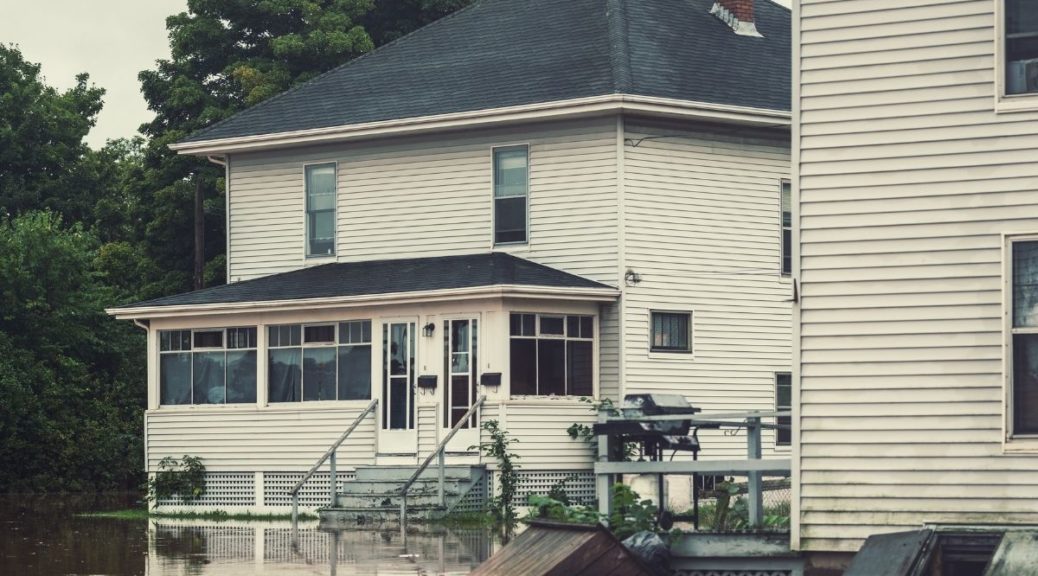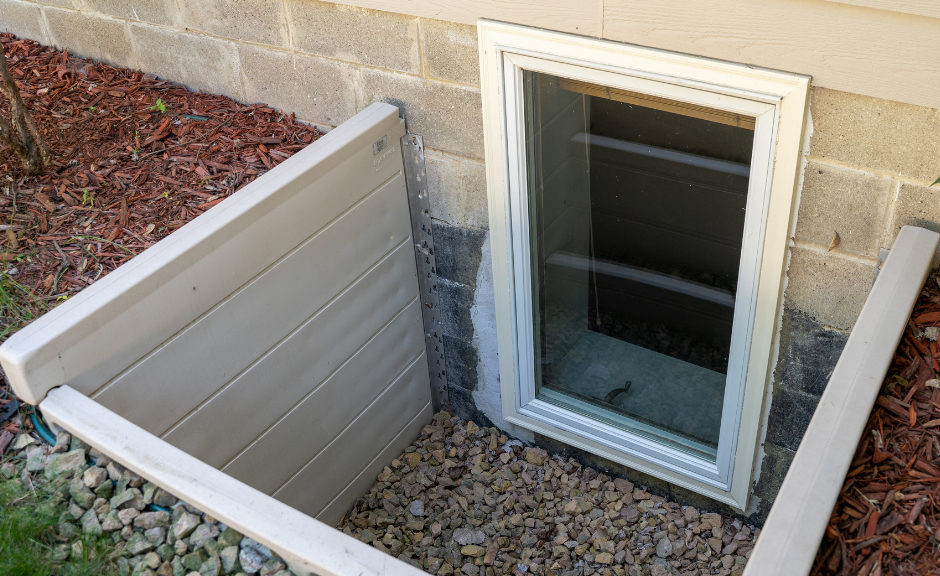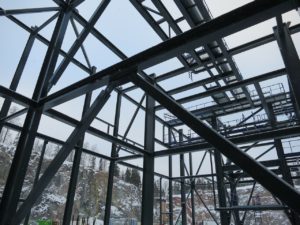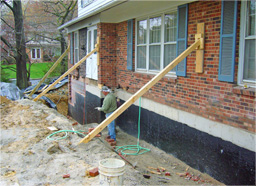Your home is more than just a structure; it’s a place of comfort, safety, and cherished memories.
However, even the sturdiest homes show wear and tear. Some issues may be cosmetic and easily fixed. Others may indicate more serious structural problems. Here are ten common signs that your home may need structural repair.
- Cracks in walls and ceilings. Horizontal cracks, especially those wider than a quarter inch, can indicate foundation problems. Vertical cracks may be associated with settling or normal wear and tear.
- Uneven or sloping floors. If you notice your floors are uneven, sloping, or sagging, it’s likely a sign of structural issues. These problems could be due to settling, rotting beams, or unstable foundations.
- Doors and windows that stick or won’t close properly. Difficulty in opening and closing doors and windows may indicate a shift in your home’s foundation. When your home’s structure is compromised, it can lead to alterations in door and window frames.
- Bowing or leaning walls. These can be a severe structural concern. These issues may result from soil pressure, water damage, or the deterioration of support elements.
- Cracks in the foundation. Cracks in the foundation, particularly wider than a quarter-inch, are a red flag. These cracks may indicate foundation settlement, poor construction, or soil-related problems.
- Gaps in the caulking or sealing around windows and doors. Gaps in caulking or sealing around windows and doors can allow water infiltration and pests to enter your home. This may be a sign that your home’s structure is shifting.
- Water intrusion of moisture issues. Frequent water intrusion, flooding, or persistent moisture in the basement or crawl space can weaken the structural integrity of your home. It may lead to rot, mold, and damage to support elements.
- Popped nails and screws. When nails and screws begin to pop out of drywall or ceiling fixtures, it may indicate that the structure is shifting. This can occur due to foundation issues, especially in homes with drywall or sheetrock ceilings.
- Exterior brick or masonry cracks. Cracks in your home’s exterior brick or masonry can signal structural problems. These cracks may result from foundation movement, weathering, or other underlying issues.
- Roof problems. A sagging or uneven roofline is a clear sign of structural issues. Roof problems may indicate damage to load-bearing walls or the roof’s support structure.
If you notice one or more of these signs in your home, it’s crucial to take action promptly:
- Consult a structural engineer. They can assess the extent of the damage and provide recommendations for repair.
- Foundation inspection. Foundation issues are often the root cause of many of these problems. A professional foundation inspection can identify the source of the issue and the appropriate repair solutions.
- Foundation Repair. Depending on the nature and extent of the damage, foundation repair may be necessary. Solutions can range from underpinning and wall reinforcement to drainage improvements and more.
- Crawl space and basement waterproofing. Addressing moisture problems is essential to prevent further structural damage. Proper waterproofing can help protect your home’s foundation and support elements.
- Professional contractors. For issues related to doors, windows, floors, and walls, consult with professional contractors to address the specific problems. Proper repairs can restore the stability and functionality of your home.
Recognizing the signs of structural issues in your home is the first step toward ensuring its safety and longevity. Ignoring these signs can lead to more extensive and costly problems down the road. If you observe any of the ten signs mentioned, consult with experts in structural repair and foundation services. Taking early action may protect your home and restore its structural integrity, so it continues to be a place of comfort and security for years to come.
M Taylor Enterprise can inspect your home foundation to see if you have any home structural issues. Call our home foundation and structural repair experts in Maryland at (301) 649-3406 or matt@mtaylorenterprise.com. We will do a free consultation, make recommendations, then do any needed repairs quickly and efficiently.
We serve Montgomery County, MD, parts of Prince George’s, MD, and Howard County, MD.


